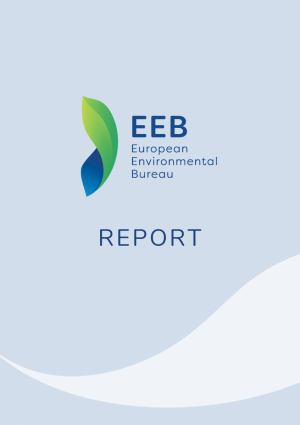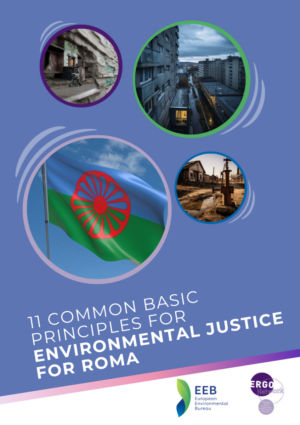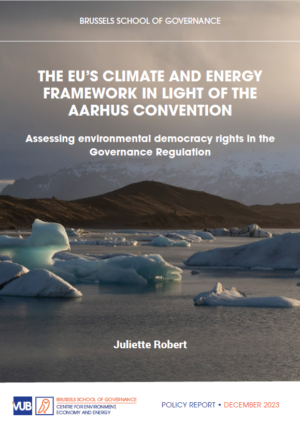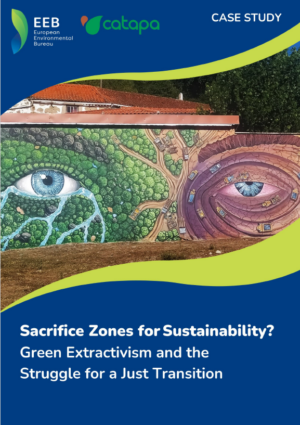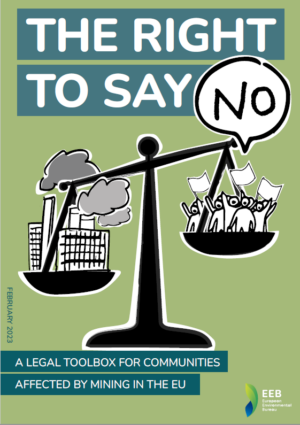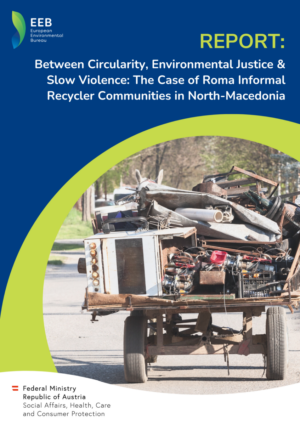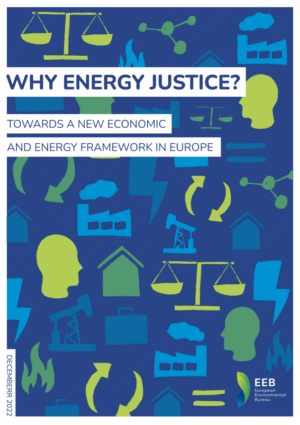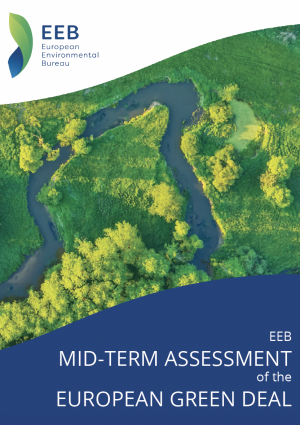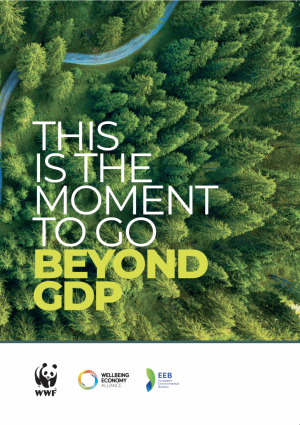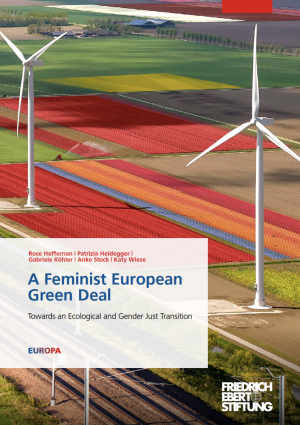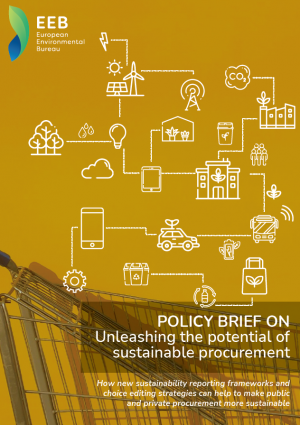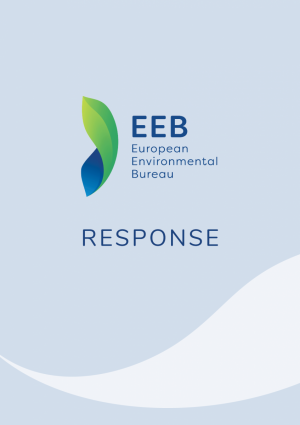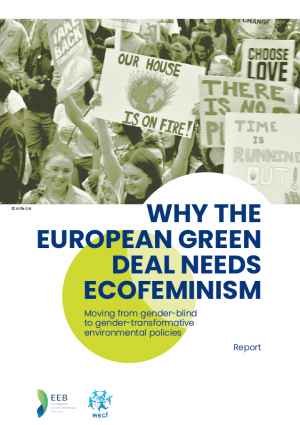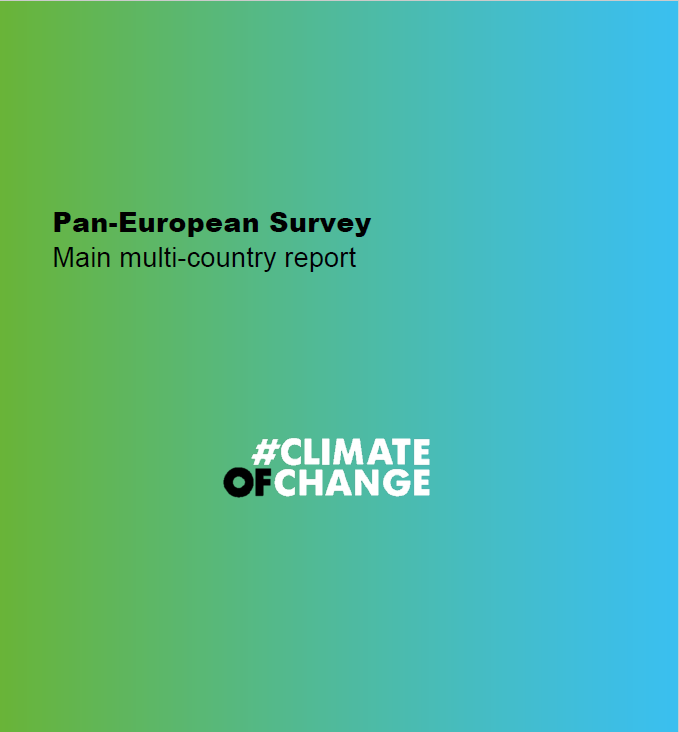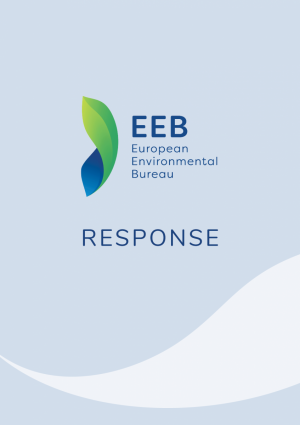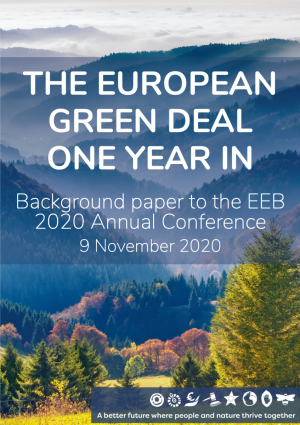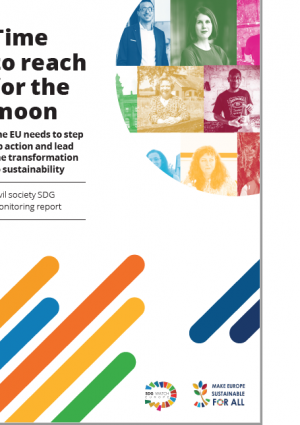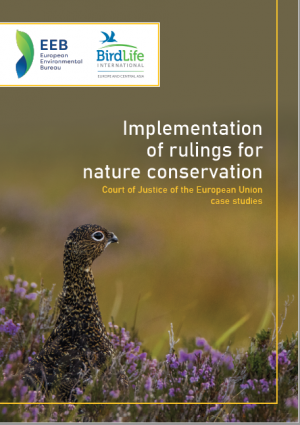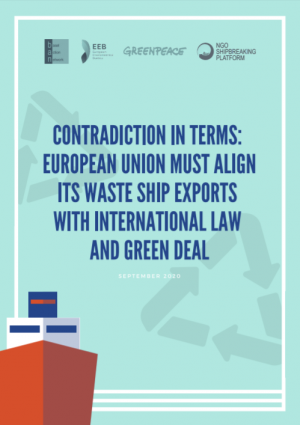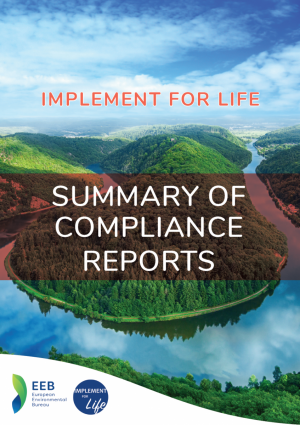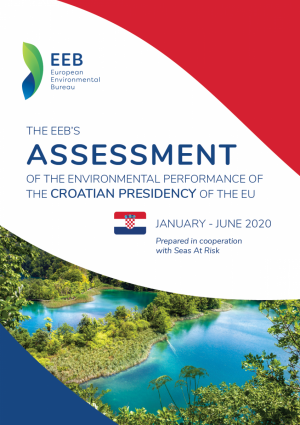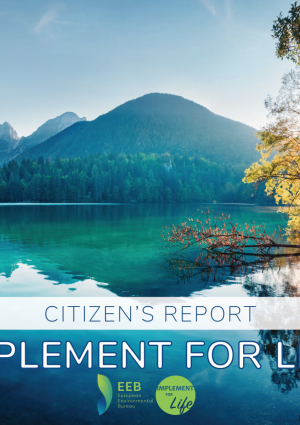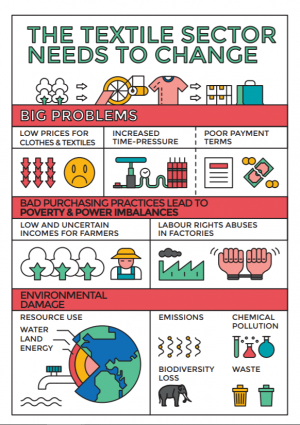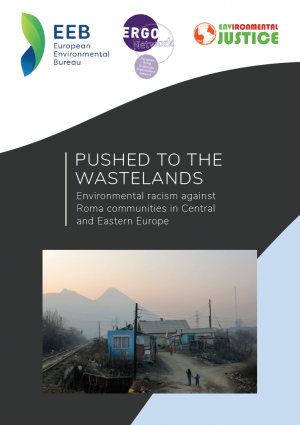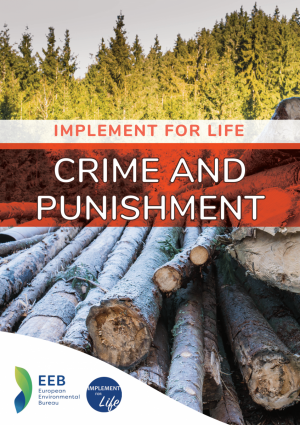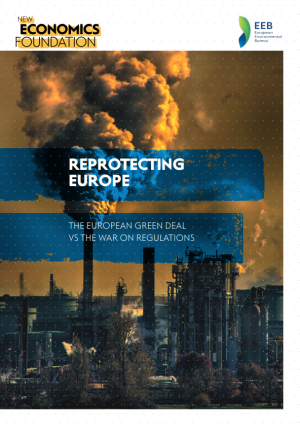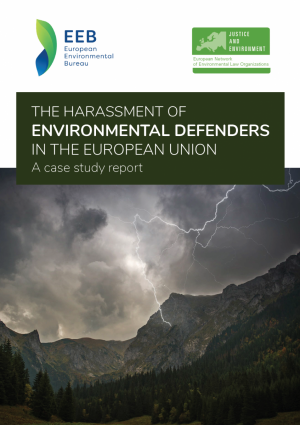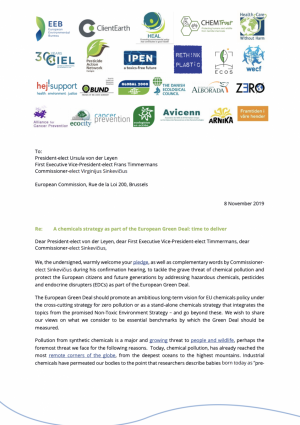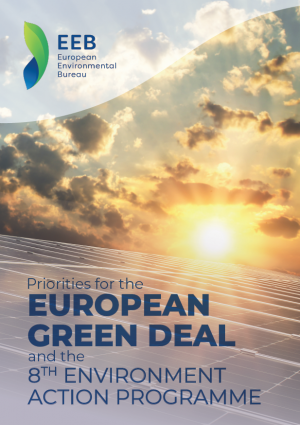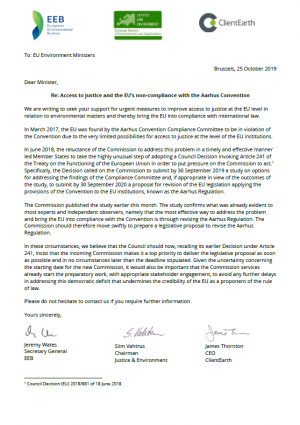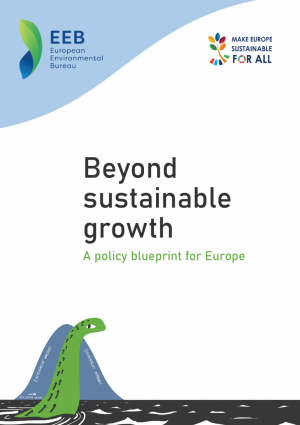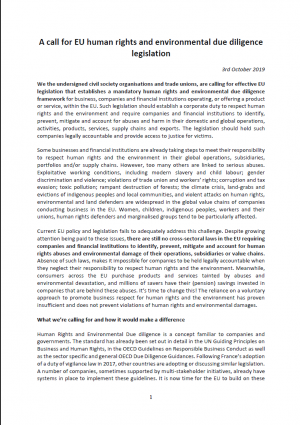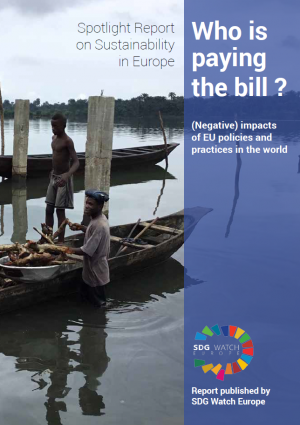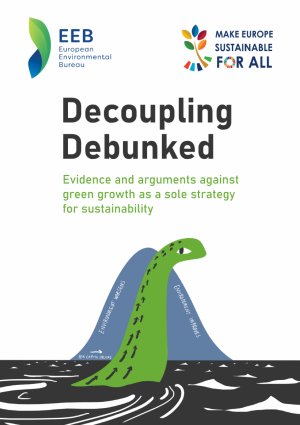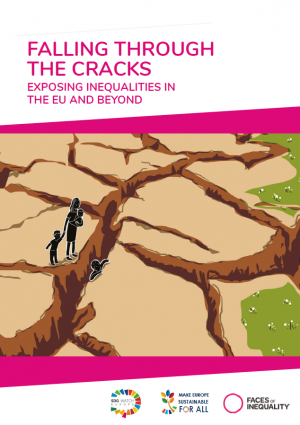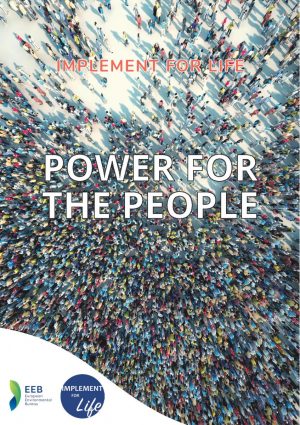The EEB works to strengthen the legal framework and tools which defend the environment and those who are fighting for it. We are advocating for strong environmental procedural rights in Europe and beyond through engaging with EU and UNECE processes. We believe in robust legal mechanisms of accountability, transparency, and public participation and in environmental rights as human rights.
Political promises, targets, and prohibitions at the international and European level are often found in legal instruments. When a progressive environmental protection idea makes its long way into law, there is reason to celebrate. However, a law is only as strong as its implementation and enforcement. International conventions are notorious for overpromising and underdelivering. The European environmental law acquis is not immune to this issue either. Both the EU institutions and the Member States are in need of constant reminding of their legal obligations. The interpretation, strategic use of, and enforcement of environmental promises turned law is crucial for long-term success. The EEB, therefore, actively supports the environmental rule of law and implementation of environmental law at international, European, and national level.
When people or companies destroy the environment then consequences need to follow and the damaged nature needs to be restored. The EEB is working on strengthening civil, criminal, and administrative liability regimes to create better safeguards for the environment. We believe in the right to a healthy environment for everyone and are proponents of the polluter pays principle.
Law is also being used as a tool by environmental organisations for all areas of environmental policy. The EEB believes in sharpening this tool and engages in that through its work on environmental democracy. Individuals and NGOs need to be involved in decision-making on issues that impact the way we live, eat, move, and interact with nature. Strengthening Aarhus Convention procedural rights of access to information, public participation, and access to justice are key components of environmental democracy.
Lastly, the law is often the last line of defence for individuals and organisation fighting for the environment. The EEB fights for environmental justice and for the rights of environmental defenders. Inequalities between the global north and global south and the exploitation of local communities and their resources are both unsustainable and immoral.

